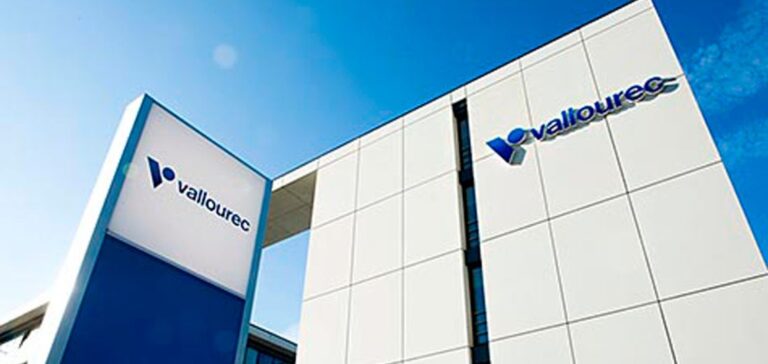574 million provision to cover the closure of its European plants announced for May 2022. This provision has resulted in a net loss, group share, of 366 million euros for fiscal year 2022, compared with a net profit of 40 million euros in 2021.
The objectives set were achieved
Despite this difficult situation, Vallourec’s CEO Philippe Guillemot said he was “very satisfied” with the results of the 2022 fiscal year. Revenues jumped by 42% to 4.8 billion euros, thanks in particular to higher sales volumes and prices in the oil and gas sector in North America, and to a lesser extent in the Middle East.
Promising prospects
The group is counting on a “dynamic” oil market to return to profitability. In the U.S., “we are seeing a recovery in productive investment in oil and gas among our customers, and this is going to last for many years,” Guillemot said. The group also expects approval to resume operations at the Pau Branco iron ore mine in Brazil at full capacity “at the beginning of the second quarter of 2023.”
A restructuring plan to break the deadlock
After announcing the closure of European sites in order to “put an end to chronic losses in Europe”, Mr. Guillemot reorganized the group around three geographical zones (USA, Brazil, rest of the world), prioritized quality over quantity, abolished three levels of hierarchy and prepared for the transition to a low-carbon economy through a plan called “New Vallourec”.
Sales in progress
In February 2023, Vallourec signed the sale of its German site in Mulheim for 40 million euros and the process of selling the larger site in Düsseldorf-Rath is underway. The activity of the German sites is transferred to Brazil. Staff will be on site in early 2024 to dismantle the equipment, but German production will be stopped at the end of 2023.






















